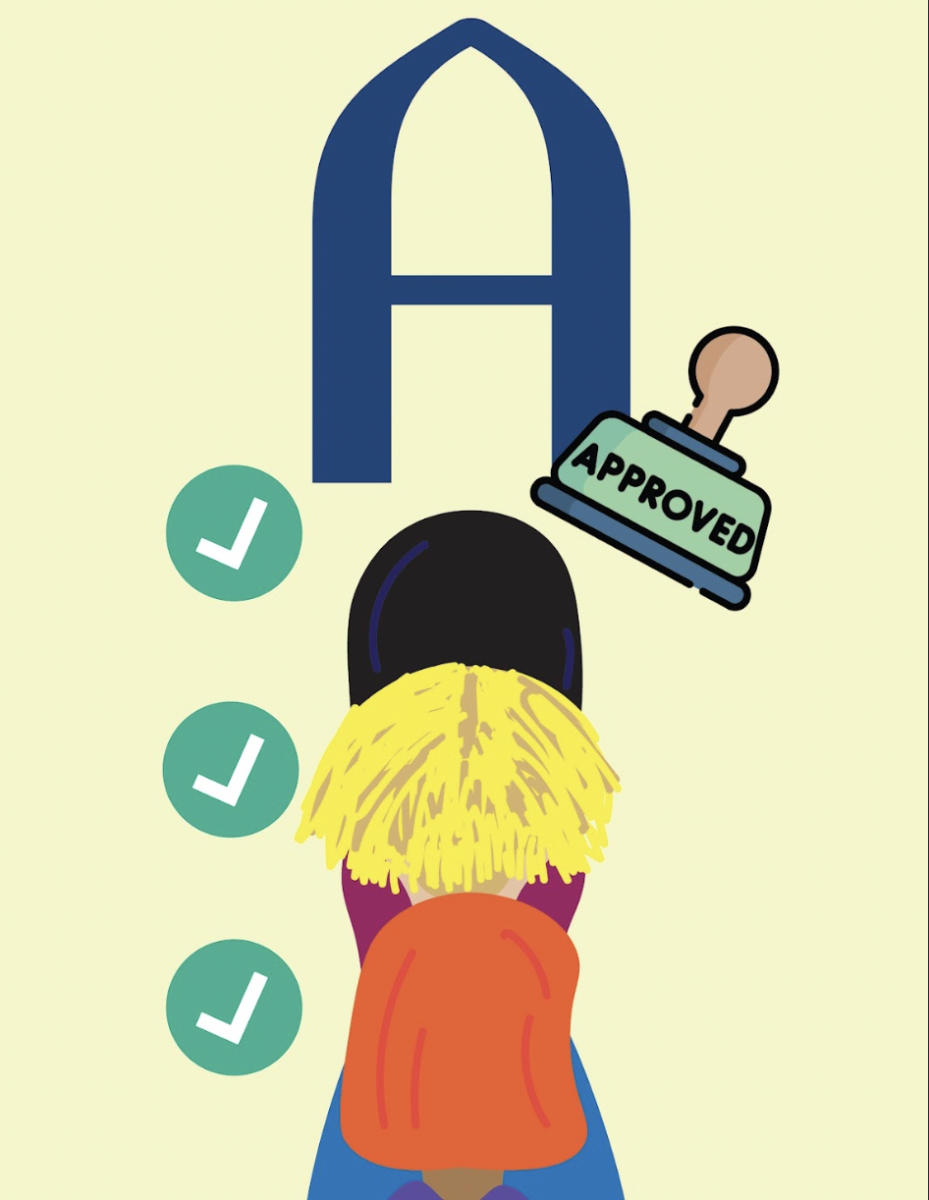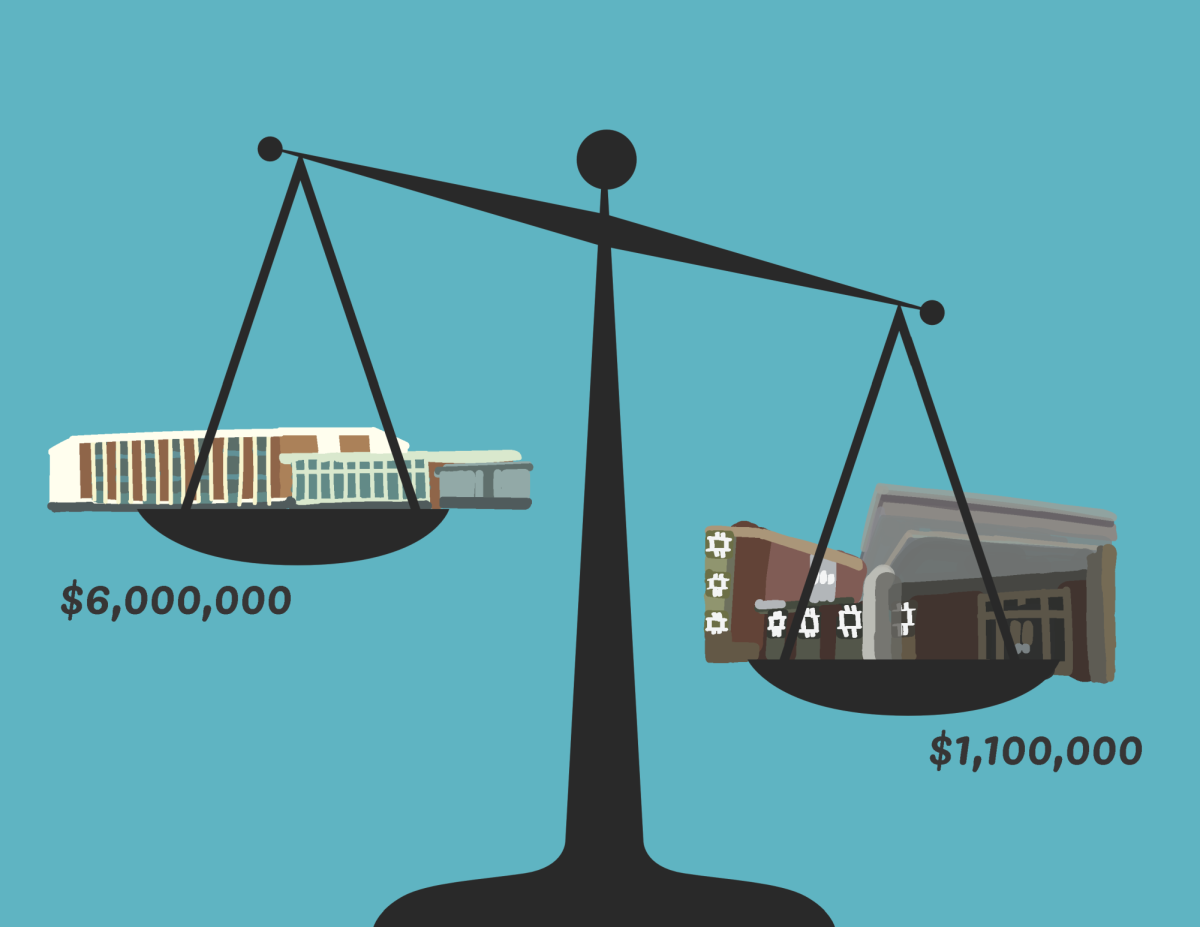As we’ve heard about for the last 8 years, the Republicans are going to be making changes to health care. Although we’re not all thrilled about change, it’s important to know what those changes are.
First, and somewhat surprisingly, Republicans are not simply repealing Obamacare. Instead, they are replacing it with the American Health Care Act, which is not the same as a “clean repeal”. It’s something new.
The apparent goals in this plan are: Lower the deficit, and deliver on long standing promise to end Obamacare. The AHCA accomplishes both those goals, but at a price.
The effects of this act on our economy are substantial. According to the Congressional Budget Office (which is typically regarded as right-leaning), the AHCA will reduce the deficit by $337 billion over the next 10 years.
That’s good. The national debt is real and concerning. The issue is how that figure is reached.Under the new law, the CBO’s estimates indicate that 14 million people will “lose” health care immediately.
That’s kind of misleading. Really, 14 million people will actually likely drop their care intentionally, since there is no mandate.
Of course, that figure begins to rise to 24 million uninsured by 2026, apparently due to rollbacks on Medicaid.
Other issues, however, are more problematic. Under Obamacare, some of the main complaints we’ve heard are about premiums.
Under this law, the CBO estimates that those will actually rise, not fall. With less people in the market, and those in the market using more health care (older people use more than younger), the prices begin to rise.
Republicans thought of this, and are using tax credits as incentives. If you’re younger, you get about $2,000 in tax credits, and up to $4,000 as you get older. While incentives are a fantastic way to get people to do things (and are less hated than mandates), they don’t necessarily have the same influence. Along with that, Obamacare secured older people at lower prices, even though they use more money. Under AHCA, older people can be charged up to 5 times the prices of younger people. Those tax credits don’t make up for that difference (again, about $4,000 at best).
Then you move onto what happens to Medicaid, which is its own monster. According to the CBO, most of the money being saved by the federal government is coming from Medicaid cuts. Republicans intend to switch that pressure onto the states.
While that doesn’t absolutely mean people are going to lose their Medicaid, realistically, they might as well.
According to the Texas Public Policy Foundation (another right-leaning organization), Texas is particularly concerned about this idea. According to them, Texas has more uninsured residents than any other state.
What they’ve realized is that, since states will receive help from the government depending on how many they have in Medicaid, states will then flood people into Medicaid to get the largest portion of the $10 billion (shared over 5 years). With states like Texas, which need about $4 billion each year, that $10 billion becomes nothing.
It’s worth mentioning that these kinds of cuts to Medicaid are going to be felt by everyone. For example, 50% of all births in the U.S. are paid for through Medicaid. The likely combination of more people on Medicaid and less funding is not going to work.
Politically, this is still probably the best move Republicans can make. After campaigning to remove Obamacare, they have to do something for their base. But with public opinion suddenly rising for Obamacare (which, honestly, is probably mostly due to people not liking change), this may still not work for the Republicans. As far as anyone can tell, this hurts the demographic that voted for Trump more than any other demographic. It takes help from low-income people and older people. Even if they want change, this is probably not the change they wanted.
Still, this plan follows Republican ideals fairly well. They are trying to support a market for people to get themselves insured, instead of government intervention. That’s respectable.
But outside the numbers and statistics, will people really benefit from this change?
The good and bad of the American Health Care Act
March 24, 2017







































































































